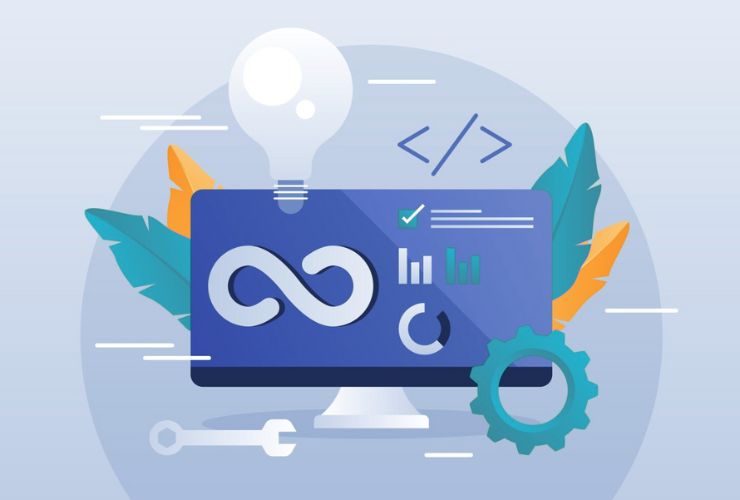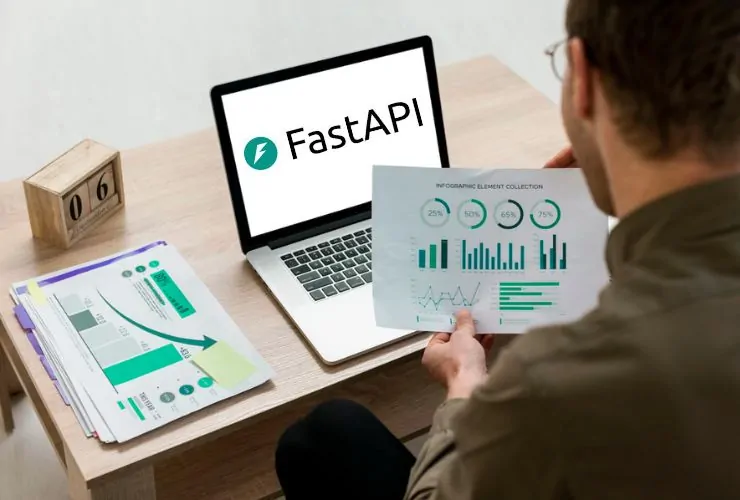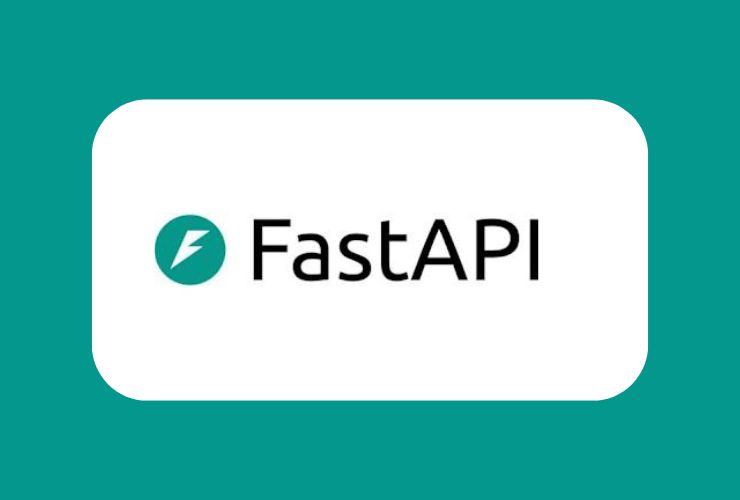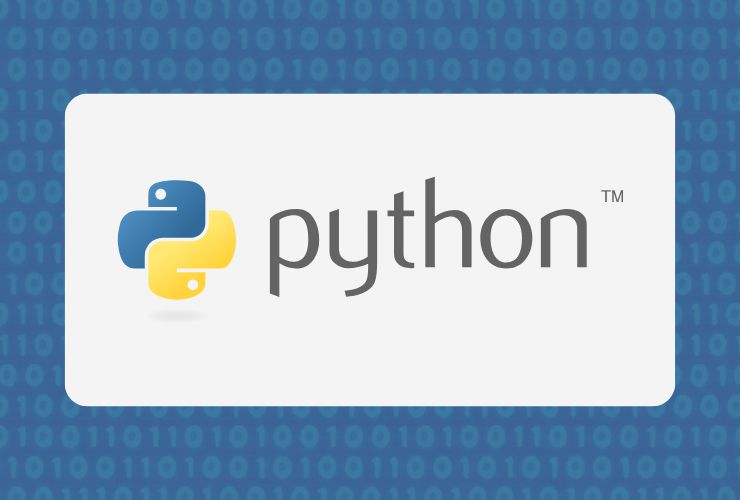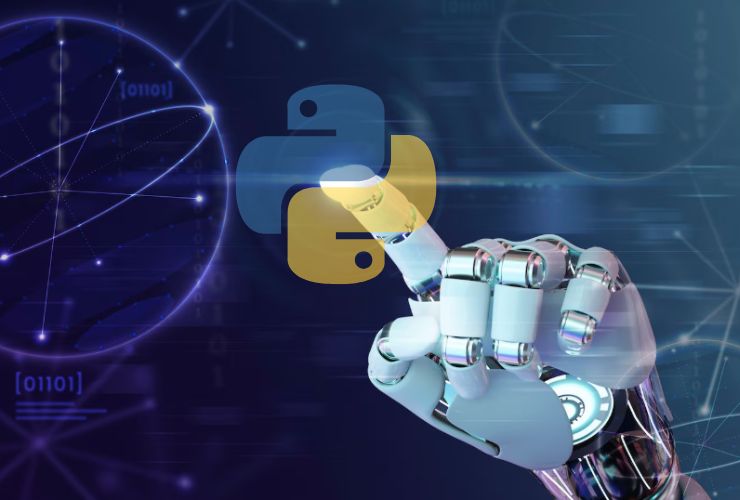In today’s world of rapid technology and services adoption, organizations need to deliver software faster without compromising quality. Over the past few years, Python has risen to become a readily adopted programming language to build scalable applications. However, you must leverage it to its full potential by integrating DevOps pipelines. A properly structured DevOps pipeline automates the development, testing, deployment, and monitoring of software—ensuring agility, efficiency, and reliability across the software lifecycle.
In this article, we review best practices for DevOps pipelines in Python—specifically how to build efficiency in your workflows and the importance of investing in automation to ensure success.
Why DevOps Pipelines are Essential for Python Applications
DevOps pipelines combine components of continuous integration (CI), continuous delivery (CD), automated testing, and monitoring, in an uninterrupted development and delivery pipeline. With a DevOps pipeline in place, Python applications benefit from:
- Faster release cycles with fewer bugs
- Automated testing, leading to greater code quality
- Higher scalability, with deployments available across cloud and hybrid environments
- Better collaboration between developers and operations teams
Best Practices
1. Automate Testing Early and Often
Testing is the backbone of DevOps. For Python:
- Leverage tools such as PyTest, Unittest, or Nose for automated unit tests.
- Complete integration and functional tests to verify dependencies.
- Utilize test-driven development (TDD) so you know the beginning is reliable.
2. Use Continuous Integration (CI)
CI provides auto tests and the validation of every code change.
- Use tools like Jenkins, GitHub Actions, or GitLab CI.
- Run tests on every commit so you find issues quickly.
- Use linters like Pylint or Flake8 to enforce coding standards.
3. Use Continuous Delivery/Deployment (CD)
Python apps should flow smoothly from development to production.
- Utilize the build and deploy using a tool like Docker, Kubernetes, or Ansible to provide automation.
- Use blue-green or canary deployments so there is minimal downtime.
- Keep the configuration separate from the code whenever possible.
4. Use Dependency Management
Managing the libraries for Python is a necessary component of stability.
- Use pip, pipenv or Poetry for handling dependencies in a consistent manner.
- Lock down dependency versions so you aren’t inadvertently upgrading them.
- Use a different environment for development, staging and production.
5. Monitor and Track Everything
Monitoring is what allows issues to be caught before they cause issues for end users.
- Use tools like Prometheus, Grafana, or ELK Stack for logging and metrics.
- Use a Tool for Application Performance Monitoring (APM) like New Relic or Datadog.
- Automate alerts for downtime, errors, and spikes in resources.
6. Security at Every Stage
Security in DevOps pipeline must be a part of every stage of the pipeline.
- Scan your dependencies with tools like Bandit or Safety.
- Automate security testing (SAST/DAST).
- Always enforce authentication, and authorization, and use encrypted traffic.
7. Infrastructure as Code (IaC)
- Use Terraform or AWS CloudFormation to define environments programmatically.
- Use a version control service for infrastructure the same way you would for application code.
- Automate provisioning so that you can have consistency and scale.
Common Mistakes to Avoid
- You can create frail deployments by not running automated tests.
- If you’re not running dependency updates you could have vulnerabilities.
- The pipelines get too complicated with unnecessary steps.
- Not having proper rollbacks if needing to abort.
Our Python DevOps Services
At Empirical Edge, we assist businesses with implementing DevOps pipelines for Python applications that intend to be efficient, secure, and scalable. We provide the following services:
- Custom CI/CD Pipeline: We automate the building, testing, and deploying.
- Cloud-Native Deployments: We build pipelines for optimized delivery on AWS, Azure, or Google Cloud.
- Monitoring & Logging: To give real-time visibility into your Python applications.
- Security & Compliance: Automating scans and locking down secure delivery pipelines.
- Ongoing Support & Optimization: We add ongoing support to continuously optimize your DevOps ecosystem.
Conclusion
A well-structured DevOps pipeline for Python applications accelerates delivery, enhances security, and ensures long-term scalability. By automating testing, adopting CI/CD, monitoring performance, and securing every stage of development, businesses can build reliable and future-ready applications.
At Empirical Edge, our expertise in Python and DevOps ensures that your applications are not just deployed—but deployed efficiently, securely, and at scale.
Optimize your Python development lifecycle with a robust DevOps pipeline. Partner with experienced professionals to automate workflows, strengthen security, and build scalable applications that accelerate business growth
Frequently Asked Questions
A DevOps pipeline automates development, testing, deployment, and monitoring, helping organizations deliver software faster with improved efficiency and reliability.
They enable faster release cycles, improve code quality through automated testing, enhance scalability across cloud environments, and promote better collaboration between teams.
Using tools like PyTest or Unittest ensures reliable code through unit, integration, and functional testing while supporting test-driven development.
Popular CI tools include Jenkins, GitHub Actions, and GitLab CI, which validate every code change and help identify issues early.
CD ensures applications move smoothly from development to production using automation tools such as Docker, Kubernetes, or Ansible while minimizing downtime with deployment strategies.
Security should be integrated at every stage by scanning dependencies, automating security tests, and enforcing authentication and encrypted traffic.

